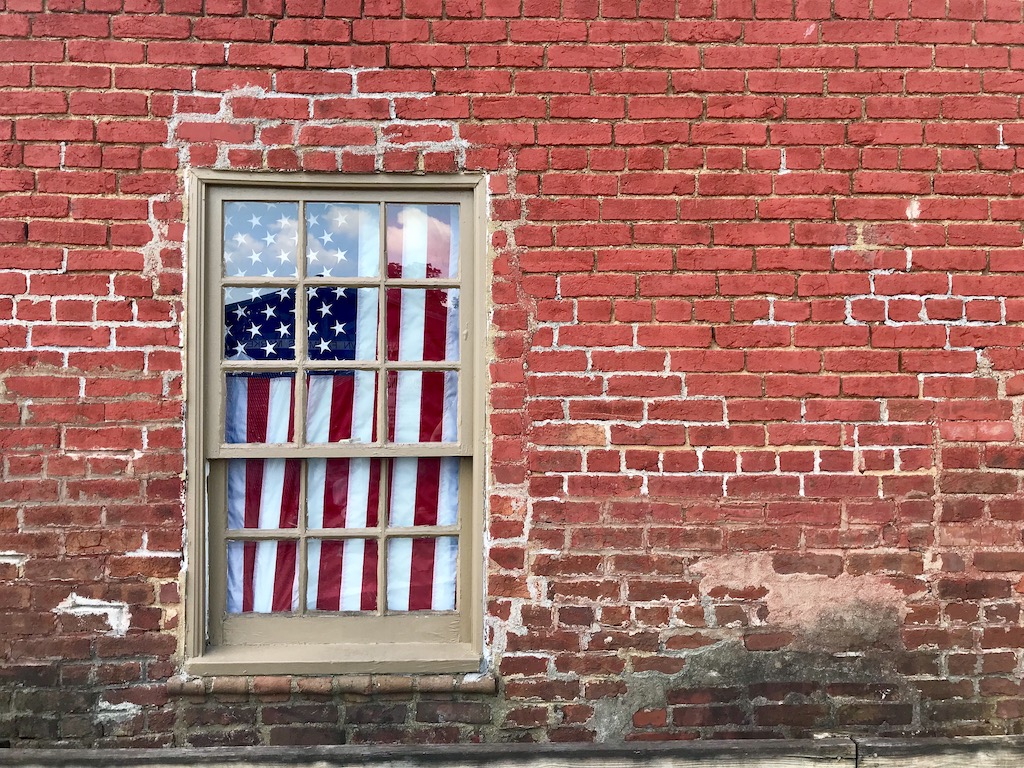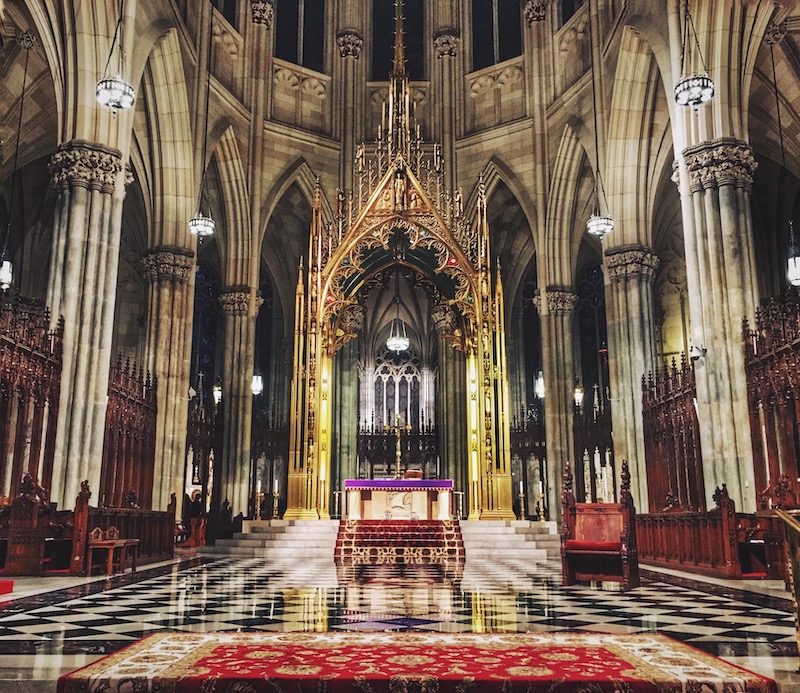Jacob Lange was the summer 2021 intern for the Initiative on Faith & Public Life. He is a graduate of Concordia University, Irvine where he was a history and political thought major with minors in classical languages, law and politics, and English.
I recently graduated from a small Christian college, moved to Washington, DC for an internship, and then moved back to California to attend graduate school. During this time, I’ve seen my close Christian collegiate community disperse across state lines, witnessed a new Christian fellowship form in a mere few weeks amongst my fellow interns in DC, and experienced the loss of that newfound community as we returned to our various homes and colleges. While these transitions have been disorienting and bittersweet, they have also elucidated some important lessons about how one should view and engage with Christian community.
Upon reflection, I realized community is the basis of many significant Christian practices and liturgies. Worship requires a choir. Communion literally means “coming together in unity.” And while solitude and personal reflection are healthy practices that encourage spiritual growth and formation, spiritual formation is quite meaningless in isolation. Unfortunately, the construction and maintenance of an authentic Christianity community is far from easy, and against the backdrop of an enduring global pandemic, the challenges have only increased. Still, the adages about bundles of sticks that cannot be broken or strands that cannot be snapped once bound into a cord ring with truth. Community is an essential component of the Christian life, and my recent experiences have helped me reflect anew about how Christian community can be built and continued.
The first challenge is that Christian community is not automatic. Throw ten strangers into a room without any intent on welding them together into a cohesive unit, and odds are ten Christian acquaintances will leave that room without any semblance of a strong, unique connection. It is not enough to come together and say “we are Christian, therefore we are a Christian community.” Christians, like anyone, can easily bond over common interests and shared experiences without ever forming a true community. Therefore, intentional work and personal investment are requisite for forming and maintaining Christian fellowship. Each individual must give of themselves for the formation of true community.
For me, this became particularly obvious during the pandemic. Without our conveniently assigned Christian hour of the week (i.e. church), many relationships founded on the premise of Christian fellowship fell away or became distant. As a result, when churches reopened, those relationships had either been lost or altered so much that it became difficult to restore them simply by re-entering the congregation. Thus, in order for Christian community to be maintained, these relationships cannot rely solely on Sunday morning services. Constant prayer and fellowship are key components to a successful and healthy Christian community. This is not to say that Christians seeking to create and maintain community must only interact in prayer or Bible studies, but rather that all activities – meals, games, sports, music, etc. – should be undertaken with Christian hope and love in mind so that fellowship does not fracture or fade when placed under pressure or strain.
Christian communities do not remain indefinitely, so they should be cherished. This is perhaps the most important takeaway for me from my recent inter-coastal odyssey. People move, schedules change, global pandemics strike. The immediate and urgent connections we have stretch and ebb with the seasons of life, but that should not dissuade us from new community formation and maintenance, especially given the ease of modern communication. The particular memories we are left with, whether that be the strains of a certain hymn from a church, a chapter in the Bible that brings back memories of bible study, or an influential sermon, are invaluable markers of personal growth and reminders of the joys experienced in Christian community.
Ultimately, while it is painful to lose community and easy to forgo it when faced with imminent transition and unavoidable change, Christian community is an essential component of living out our faith, and as such, we need to do our utmost to see it built and maintained. From these lessons, I more deeply cherish the significance of Christian community in my life and in the lives of those around me.



